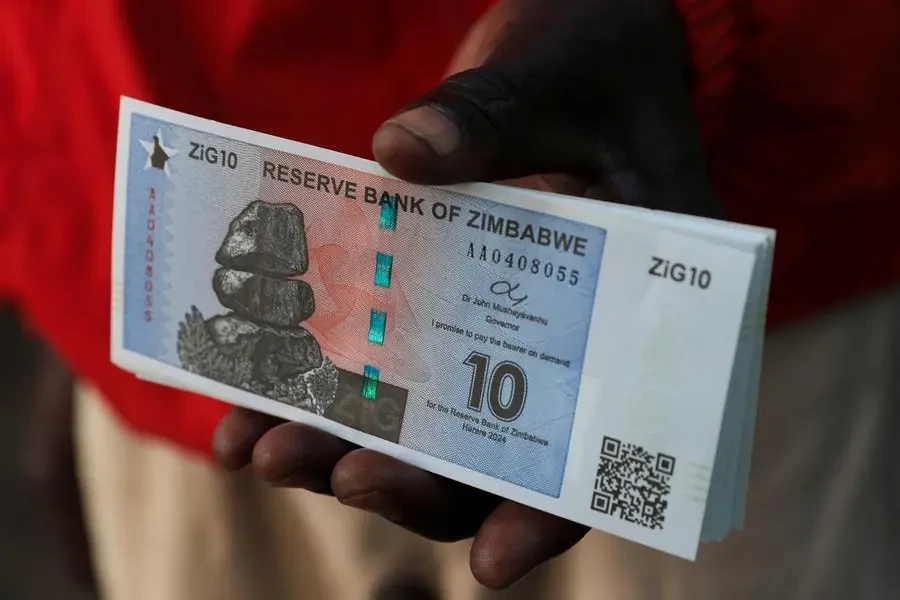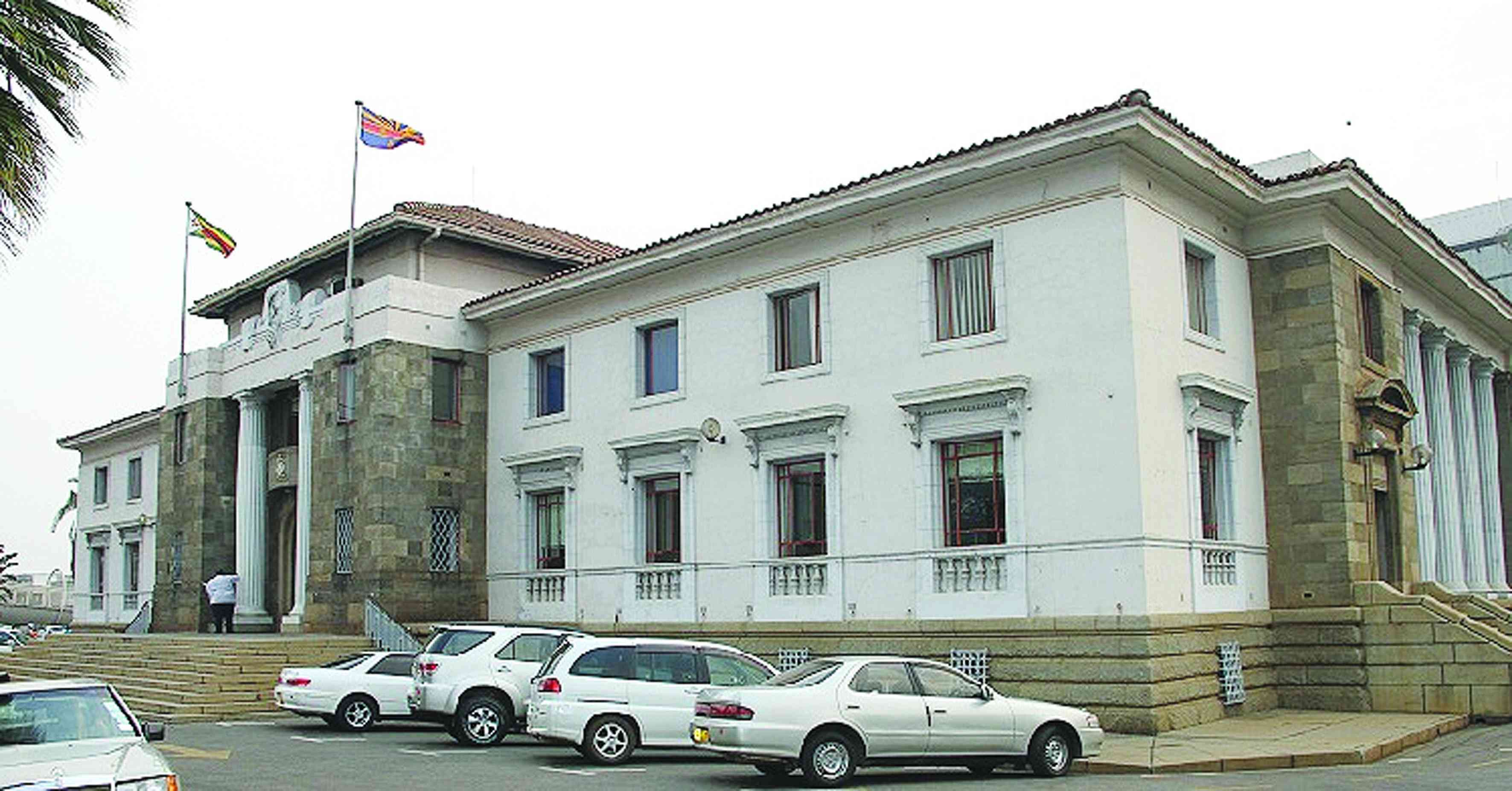
THE late Zimbabwean ambassador to the Democratic Republic of Congo Johannes Tomana has lost his Supreme Court appeal against Tian Ze Tobacco Company’s US$114 749,80 debt for farming inputs.
In his appeal, Johannes had cited his brother Reuben Tomana, Tian Ze Tobacco Company and the arbitrator now judge Joel Mambara as respondents.
The appeal was heard by Justices Lavender Makoni, George Chiweshe and Felistas Chatukuta.
The late Johannes had appealed against a High Court judgment handed down on November 24, 2021, dismissing his application to set aside the arbitral award delivered by Mambara on October 8, 2018 in favour of Tian Ze on the grounds that the award offended the public policy of Zimbabwe.
According to court documents, Johannes was a commercial tobacco farmer and his farm is located in the Darwendale area of Mashonaland West province.
Tian Ze’s core business is funding tobacco farming by supplying inputs to farmers on credit.
Reuben was cited as the person who managed his late brother’s farm on behalf of him and at all material times, he negotiated contracts for supply of inputs between his late brother and Tian Ze.
Reuben was his brother’s agent, while Johannes and Tian Ze entered into various tobacco farming contracts during the period 2008 to 2012 and the last contract between the parties was for the 2011/12 tobacco growing season.
- Fresh land invasions hit Whitecliff
- Health talk: Be wary of measles, its a deadly disease
- Health talk: Mandatory wearing of masks can now be scrapped
- Pomona cash row escalates
Keep Reading
In terms of that contract, Johannes undertook to produce 40 000kg of tobacco and pay the outstanding debt incurred in previous seasons.
However, Johannes was unable to produce 40 000kg of tobacco that year and also failed to clear the outstanding debt and as at June 2015, he was indebted to Tian Ze in the sum of US$114 749,80.
The matter proceeded to arbitration, where Tian Ze sought to recover the outstanding debt and its prayer was granted by the arbitrator, Mambara.
It is that arbitral award that Johannes urged the High Court to set aside but he did not succeed.
Aggrieved by the High Court decision, he filed an appeal at the Supreme Court.
Johannes’ ground of appeal was that the High Court erred in partially setting aside Mambara’s arbitral award, saying at law, an arbitral award was not severable.
He also argued that the High Court grossly misdirected itself in finding that Tian Ze’s cause at arbitration had not prescribed.
Tomana sought the Supreme Court to set aside the High Court decision and grant his application for appeal.
He also wanted the court to set aside the arbitral award of US$114 749,80.
On analysing the matter, the Supreme Court judges said Reuben, being a mere agent of his brother, should not have been joined as a principal in the arbitration because at all material times, he acted as his brother’s farm manager and signed the contracts under review as an agent of his brother.
The Supreme Court judges concurred with the High Court judges for removing that part of the arbitral award binding Reuben as a co-debtor.
The judges said the decision of the High Court in this regard could not be faulted.
“It is trite that an acknowledgement of debt interrupts the running of prescription. It was common cause that the first respondent (Reuben) was at all material times acting as the appellant (Johannes’) agent, in his capacity as appellant’s agent, wrote to second respondent (Tian Ze) admitting liability in the sum claimed,” the Supreme Court judges ruled.
“The letters constituted acknowledgement of debt which not only interrupts prescription, but also supersedes the original cause of action. It is, on its own, a new cause of action. With it a new prescriptive period begins to run from the date of acknowledgement.”
The judges said even if Johannes did not sign his brother signed for him as he was his agent and was responsible for negotiating loans and credit facilities extended to him (Johannes ).
“The award against Tomana remains intact and unaffected. For that reason, it was permissible for the court a quo (lower court) to so delete the offending portion of the award.
“Similarly, the court a quo correctly dismissed the special plea of prescription as same had been interrupted by the acknowledgement of debt, a cause of action in its own right . . . The issue was properly determined on the basis of the papers placed before the arbitrator.
“The record shows that the arbitrator was guided by the issues defined and presented by the parties. We conclude, therefore, that the appeal has no merit. It must be dismissed,” the judges ruled.











